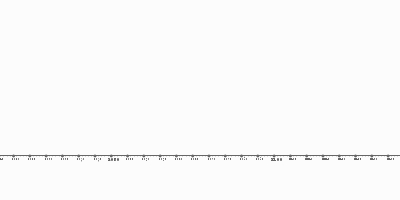1 Feb 1793 Jahr - Fugitive Slave Act
Beschreibung:
"Fugitive slave laws provided enslavers and their agents with the legal right to reclaim runaways from other jurisdictions. Those states or jurisdictions were required to deliver the fugitives. As early as 1643, the United Colonies of New England had required the return of runaways, and, after the American Revolution (1775–1783), the Northwest Ordinance of 1787 contained similar protections for enslavers. The U.S. Constitution included a Fugitive Slave Clause, which was agreed to without dissent at the Constitutional Convention.""Following a dispute between Pennsylvania and Virginia, Congress passed the Fugitive Slave Act of 1793, which clarified the processes by which enslavers could claim their property and was designed to balance the competing interests of free and slave states. In 1823, the law was upheld by Massachusetts in a case regarding a Virginia runaway, and then upheld again by the U.S. Supreme Court in 1842. The Fugitive Slave Act of 1850 expanded the number of federal officials empowered to act in fugitive-slave cases, but by this time, public opinion, at least in antislavery hotbeds such as Boston, Massachusetts, had turned against such laws. Thus a captured Virginia enslaved man named Shadrach Minkins was rescued in 1851 and spirited north to Canada, but in 1854, authorities foiled an attempted rescue of the Virginia runaway slave Anthony Burns. Compromise soon became impossible, and enforcement of the law effectively ended with the onset of the American Civil War (1861–1865)."
(https://encyclopediavirginia.org/entries/fugitive-slave-laws/)
Zugefügt zum Band der Zeit:
Datum:
1 Feb 1793 Jahr
Jetzt
~ 232 years ago
